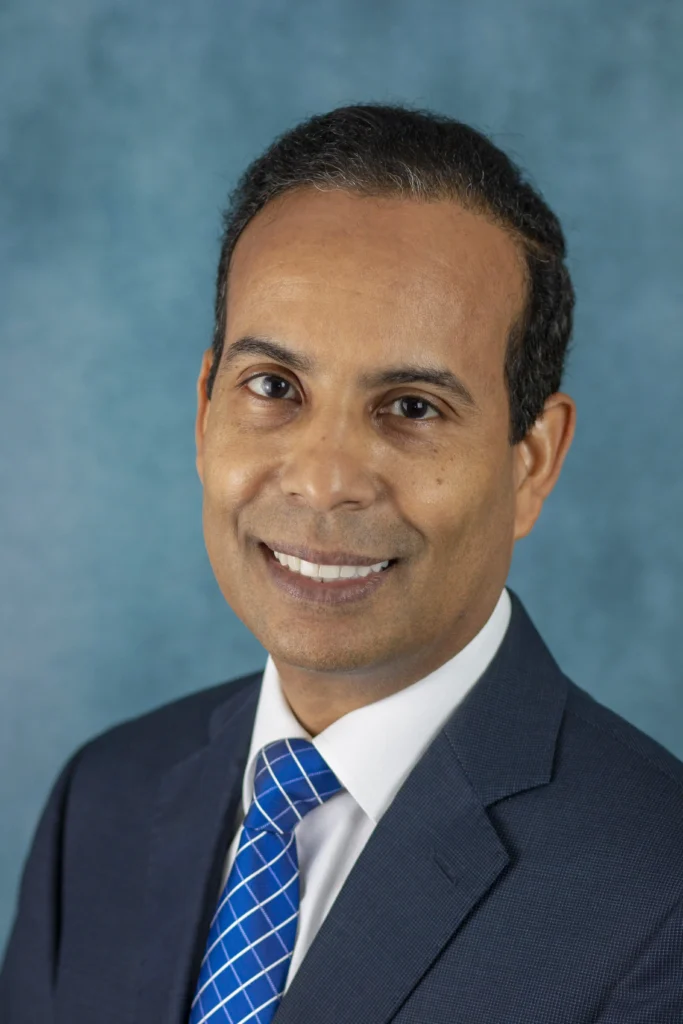Education Is Relational
Learning, knowledge, and development result from relationships.

Norbert Restrepo
President of Hartland College
“Relational skills are essential for effective education.”
What comes to your mind when you think of education? Do you think of a school or an institution? Do you think of a well-structured curriculum, excellent scholarship opportunities, and clear career paths? You might also think of an institution where high standards are applied within a conservative environment in which agriculture, practical skills, outreach activities, and deep Bible study are key components of the educational program. All of these can be part of a structured learning experience.
However, there is an element of education that is often overlooked. This is the relational aspect. Recent research on teacher competencies indicates that relational skills are essential for effective education; learning and knowledge are seen as the outcome of relationships.1
This should not surprise us. God created us as social beings, and He stated, “It is not good that the man should be alone.” Gen. 2:18. Trust and love can only develop in a relationship. Where there is trust, there is growth, and growth—development—is education.
Jesus educated His disciples through His relationship with them. We read, “Through personal association, He impressed Himself upon these chosen colaborers. ‘The Life was manifested,’ says John the beloved, ‘and we have seen it, and bear witness.’ 1 John 1:2.”2
Furthermore, the pen of inspiration adds: “Only by such communion—the communion of mind with mind and heart with heart, of the human with the divine—can be communicated that vitalizing energy which it is the work of true education to impart. It is only life that begets life.”3
As we associate with others, they perceive our atmosphere and are affected by our influence, and by who we are. The stronger the relationship, the more powerful will be our influence. “In true education, the selfish ambition, the greed for power, the disregard for the rights and needs of humanity, that are the curse of our world, find a counterinfluence.”4 Oh, may we seek to exert this influence! May we love and have a burden for the salvation and development of the souls entrusted to us!
1 Ann-Louise Ljungblad, “Pedagogical Relational Teachership,
International Journal of Inclusive Education (2021), 25:7, 860‒76.
2 Ellen G. White, Education (1903), p. 84.
3 Ibid.
4 Ibid., p. 225.